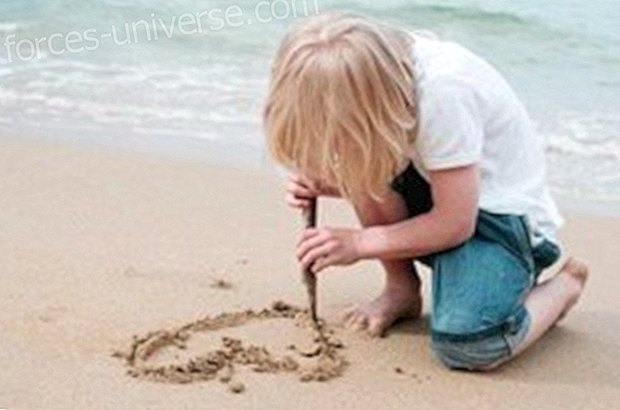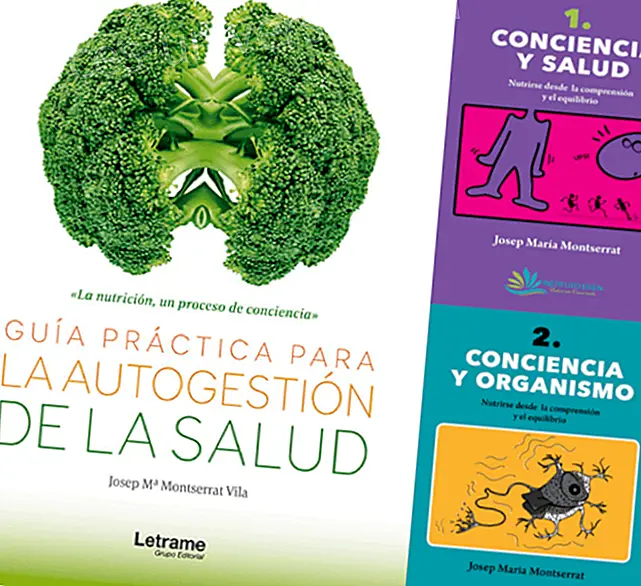 Will we continue to strengthen intellectual development, without seeing that today children need to learn about their emotions?
Will we continue to strengthen intellectual development, without seeing that today children need to learn about their emotions?
A child today may have the ability to solve a mathematical problem, but if he does not know how to cope with relationships, or fails when he has to solve a conflict with a couple, he is a boy strong for this world?
Many will have heard the well-known phenomenon of Bullying in schools. For those who do not know what it is, this concept refers to school bullying, all forms of physical, verbal or psychological abuse that occurs between children, repeatedly and over time.
Children who feel “stronger, ” tease, threaten, even hit another child who is “different, ” submissive, with less ability to defend themselves.
Although it is known that it is a phenomenon that has grown in recent times, it also happened before but less frequently. Some of you, in your childhood, will have received abuse from some other child, some others will have exercised it.
The child who needs to exercise some kind of violence is not strong , rather, we speak of weakness, since he needs to have dominion over another to feel powerful and recognized; It also lacks emotional skills, including empathy. Nor is that child who does not know how to act in this situation strong and allows it to happen.
Parents or teachers are often heard commenting proudly that their children have earned excellent grades in math, for example. However, it would be so wonderful that we feel equally proud, if a child knew how to share, defend another, express their emotions, know how to ask for what they need ... He knew how to take care and care, communicate, listen, be tolerant of the difference, empathic before the pain of others ...
Maybe we are facing intellectually intelligent children, but emotionally illiterate. Surely also, it is a faithful mirror of the current situation of today's adult.
How do we teach the important?
Many times the cause of the child's behavior is that he does not accept the other, or does not accept defeat, frustration, impotence, a limit. This leads to a discharge reaction, which basically does nothing but make you feel more hurt, abandoned, incapable or insecure.
That the child may feel frustrated, weak, ignored, sad, and does not need to reaffirm his emotional world from an aggressive attitude towards something or someone, but can name what happens to him, at least one word; or he can cry with humility, allow him to be hugged, helped, would be the most important learning that the school or family of today could provide.
If your child or student raises his voice, if he has beaten someone, if he has lied, "failed" with his word, if he has been cruel, tyrant, selfish, he may feel indignant, punish him, or tell him, looking at him from above as a Judge, "you are wrong", but with this attitude do we encourage the development of your conscience, self-observation, self- discipline?
We must know something fundamental, the moral discourse, long sermons on what is right or wrong, not only do not serve, but also generate distance in the bond.
Saying "do this" or "do not do that", without helping them think and feel, produces automatons, who obey according to their convenience. Only if someone is watching them, they do the "right thing". They are not encouraged to raise awareness, or register their own emotions, and even less so, that of others.
Instead, if instead of passing judgment, we ask a question: “What do you think of your behavior?”, “What made you feel so bad to react in such a way?” “How will such a child feel about it? happened? ”, “ How would you feel if they had done it to you? ”, “ What can we do to remedy this? ”, so we help self-knowledge, and therefore, build healthy behavior.
Do not offer solutions, recipes, or closed conclusions, open the dialogue, the question. Allow yourself to learn, leave that space for silence, which puts it on par, heart to heart.
This reminds us of the children of this era: there is no one who knows more, we are all teaching and learning at the same time; and together, only together, we can build a new way of being with others, and thus make the world a place where consciousness reigns.
By Nancy Erica Ortiz
Source : http://www.caminosalser.com
How to teach children to be emotionally intelligent?

 Will we continue to strengthen intellectual development, without seeing that today children need to learn about their emotions?
Will we continue to strengthen intellectual development, without seeing that today children need to learn about their emotions? 




